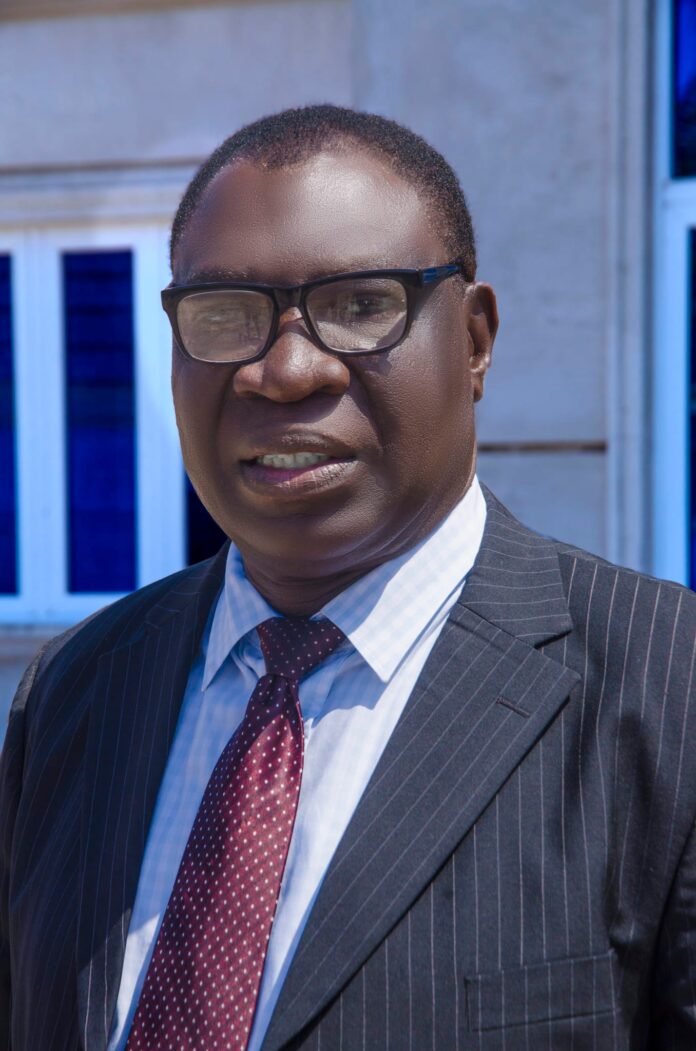Dr. John Chen
I have been following recent comments from groups and individuals arising from His Excellency Governor Alia’s reactions on the recent crisis between herders and farmers in various communities in the State.
Rather than taking a dialectical approach in their comments, the trend seems to castigate and denigrate the Governor. This in my opinion isn’t the right approach towards mitigation. Politicisation of this issue can only lead to the escalation of the crisis.
Now this is my take on this persistent crisis:
The herder-farmer crisis in Benue State feels like an intractable cycle. Farmers accuse herders of destroying crops and livelihoods, while herders fear cattle rustling. This blame game, much like the egg and the chicken, makes it difficult to address the root cause.
Here, both insecurity due to cattle rustling and insecurity due to farm destruction fuel the other. Without a clear starting point, solutions seem elusive.
Perhaps a different approach is needed. We can break this destructive cycle by focusing on solutions that address both sides’ concerns:
Build trust and communication: Facilitate dialogue and understanding between herders and farmers. This could involve community meetings, workshops, or joint initiatives to foster empathy and cooperation.
Explore land-use solutions: Investigate establishing ranches or designated grazing reserves in tandem with the Ranching anti open grazing legislation. This would provide herders with a safe space for their cattle if they choose to embrace the law and of course they do not have a choice. This will minimize conflict over farmland.
Invest in conflict resolution: Train mediators and establish clear procedures for addressing grievances peacefully. This I believe is the approach the Governor is adopting and it is an approach that is helping to de-escalate tensions and prevent violence before it erupts.
By addressing the underlying causes of insecurity on both sides, we can break this egg-and-chicken cycle and create a more peaceful future for herders, farmers, and all residents of Benue State.



